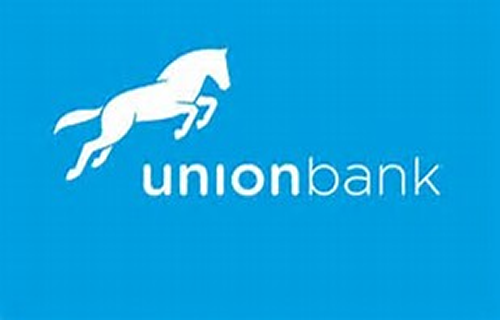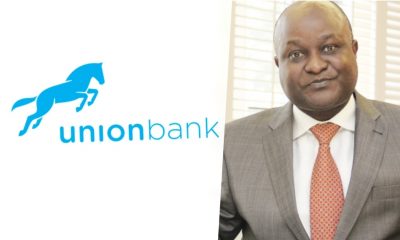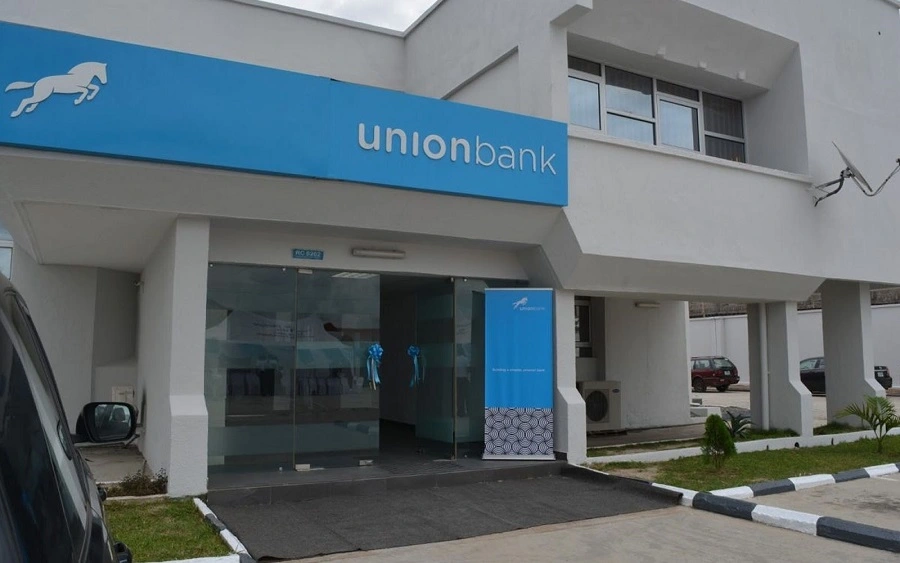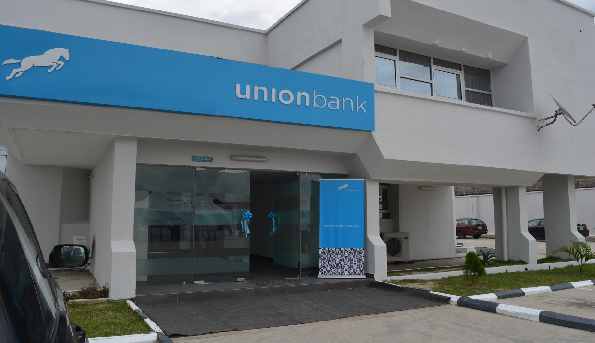By Chioma Obinagwam
As the curtain draws on the timeline set to raise N50 billion fresh capital by way of Rights Issue to shareholders of Union Bank, so much uncertainty has been stirred among shareholders with regards to the success of the process and its attendant implication on the bank.
The fear of not been able to achieve the feat cannot be overruled, going by its unhealthy balance sheet in addition to an inconsistent dividend policy.
Nonetheless, these reactions formed the rationale behind Union bank’s capital raising exercise; where it sought to raise N49.7 billion through Rights Issues and the issuance of 12.1 billion ordinary shares of 50k each at N4.10 per share.
The exercise, however, was geared towards enhancing the bank’s capital base to deliver stronger and sustained returns to the shareholders.
The rights issue was offered to the shareholders on the basis of five new ordinary shares for every seven ordinary shares held as at August 21, 2017.
Although the Group Managing Director (GMD) of the bank, Emeka Emuwa had stated at the bank’s ‘Facts Behind the Offer’ event held in Lagos recently that the bank is working on eliminating its negative Retained Earnings, shareholders are still in doubt of an imminent dividend payout by the bank.
His words: “On the issue of dividend, until our negative Retained Earnings is eliminated, there’s nothing we can do.”
“We are going through a regulatory process to eliminate the negative retained earnings as this will enable us to pay dividend in the nearest future,” he added.
Available records show that the last time dividend was paid to shareholders by the bank was in 2008.
Retained earnings is accumulated net income. It is earnings that companies hold onto for reinvestment or as a safety net.
However, negative retained earnings, often recorded on the balance sheet as accumulated deficit, means the company has more retained losses over time than accumulated net income.
Negative Retained Earnings, if not eliminated overtime could lead to bankruptcy and cause a company to cease from being a going concern.
Reacting to the issue, President of Renaissance Shareholders Association of Nigeria, Olufemi Timothy said: “Any discerning shareholder will know that any company with negative earnings reserve cannot pay dividend until when it is wiped out. If you look at the negative Retained Earnings as at today, Union Bank cannot pay dividend in the next 20 years, if they don’t clear it.”
Apart from a weak balance sheet, he pointed the illiquidity of most shareholders, considering the recession which had eaten deep into the pockets of most of the shareholders.
“By the time they were discussing this Rights Issue, Nigeria was deeply in recession. I now asked them that question. Can a Rights Issue be successful in a recessed economy? They didn’t answer,” Timothy argued.
“I said they have forgotten that it is the same Nigerians who have not been paid salaries. Some state government are owing 24 months. The least paid is owing four months. Are you telling somebody who has not got salaries, Pension, Local Government; somebody who has not received to go and buy Rights Issue?” he continued.
Speaking on the turnout of shareholders with respect to the Rights Issue, Mr. Charles Fakrogha, Chief Relationship Officer at Foresight Securities and Investment Limited disclosed that turnout from shareholders have not been impressive.
He said: “There’s a lot of controversy concerning the Union Bank’s Rights. Personally, most of our clients have lost interest in Union Bank as a company. The turnover in the market, I’m speaking personally concerning the home trade that I do and some of our clients. Very few of them are coming to claim their Rights in Union Bank. I am not talking about the general market, I’m talking about personally for Foresight.”
“Few people are coming to claim their Rights and when you ask them what is the issue? They said well they have not been satisfied with the company and like you said all the dividend and all that,” he said.
Although Fakrogha is of the opinion that the Rights could be mopped up by foreign investors if retail investors fail to take up their rights, he noted that strong corporate governance principles should be adhered to ensure a viable company.
Nevertheless, David Adonri, a seasoned Stockbroker and Managing Director (MD) of Highcap Securities held a different view.
He affirms that the process went well and that the bank is recovering fast; hoping that the future is bright for the bank.
However, as stakeholders await the outcome of the Rights Issue, the bank would be impacted negatively if it fails to raise the amount it is seeking from its shareholders considering its weak balance sheet.
This would mean that it may take a longer time for the bank to recover, since the proceeds is intended to strengthen its balance sheet and consolidate return on investments.

 Entertainment6 days ago
Entertainment6 days ago
 Health1 week ago
Health1 week ago
 Health4 days ago
Health4 days ago
 Football1 week ago
Football1 week ago
 Football1 week ago
Football1 week ago
 Crime5 days ago
Crime5 days ago
 Education6 days ago
Education6 days ago
 Crime1 week ago
Crime1 week ago










